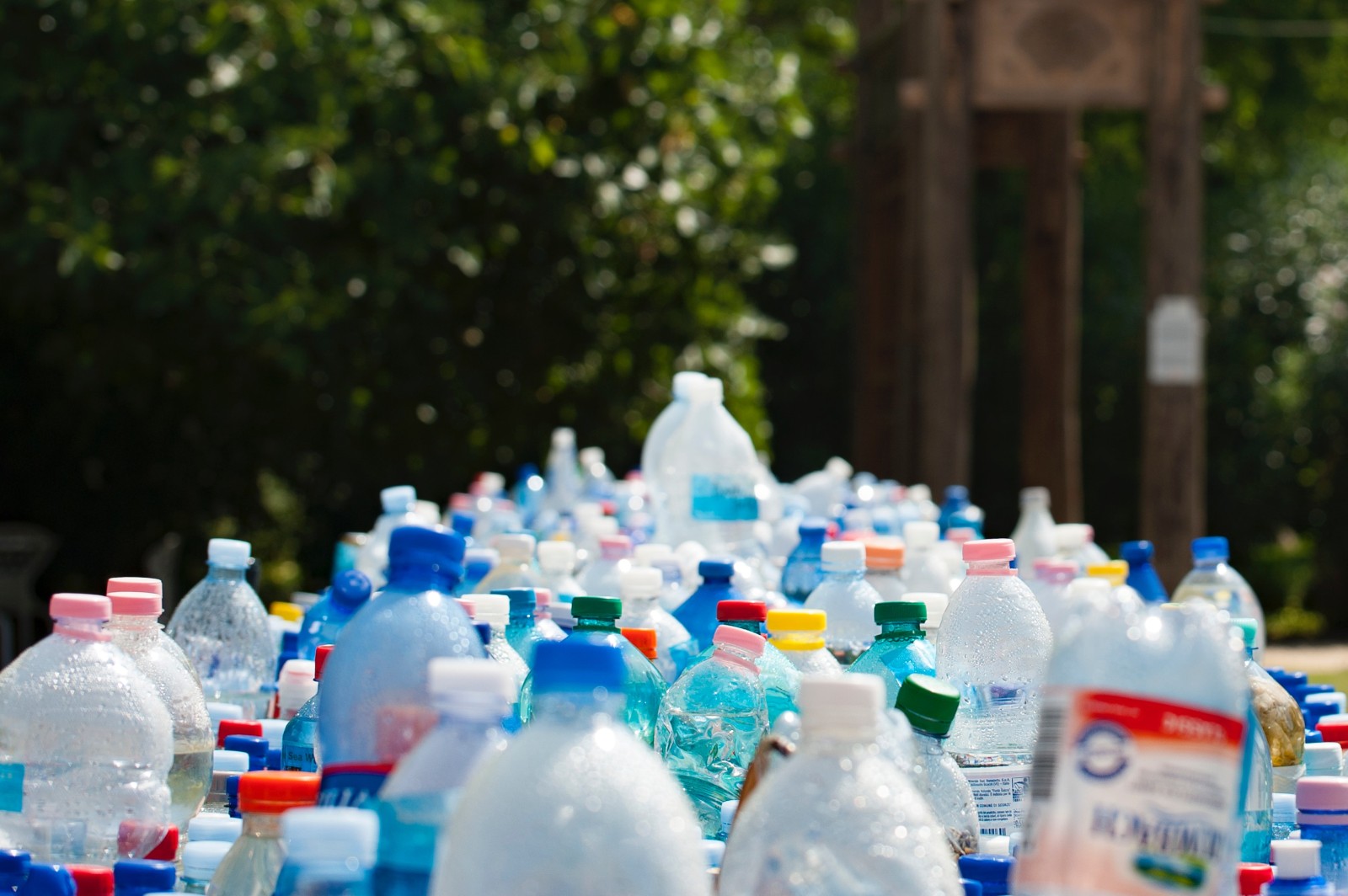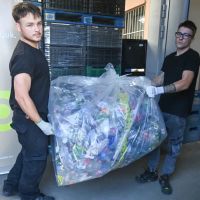Disposable tampons aren't sustainable, but do women want to talk about it?
Ez is érdekelhet

Messaging and lack of disclosure of information from major feminine hygiene product brands might be holding women back from purchasing reusable options.
Half the population deals with it on a monthly basis, but frank discussions about what menstruation does to women’s bodies, moods and abilities is not encouraged by society - just ask tennis player Heather Watson or artist Rupi Kaur.
Many critics say that this cultural taboo has, at least in part, helped the disposable feminine hygiene industry thrive. Single use tampons and pads became available in much of the developed world in the first half of the 20th century. Today tampons are used by over 100 million women worldwide, while pads, which are much more widespread on a global scale due to a cultural aversion to tampons in many regions, comprise a multi-billion dollar industry.
But alongside this widespread use comes environmental costs. The average woman uses roughly 11,000 tampons in her lifetime. The time it takes for a tampon or pad to degrade in a landfill is centuries longer than the lifespan of the woman who used it, particularly when wrapped in a plastic wrapper or bag. In addition, the process of manufacturing these products – turning wood pulp into soft, cotton-like fibres – is both resource- and chemical-intensive.
It seems counterintuitive that despite the explosion of sustainable options for a broad range of products over the past five years – clothing, food, baby care, coffee, skincare, cleaning products – options for this most intimate and inconvenient aspect of women’s lives have scarcely changed in a century.
What are the options?
While there are sustainable alternatives on the market, such as silicon menstrual cups, reusable pads and unbleached/organic cotton varieties of disposables, these all remain niche options without huge marketing budgets behind them. By their very nature as non-disposable products that don’t need to be purchased regularly, they do not offer a huge profit motive to major corporations like Procter & Gamble and Johnson & Johnson (the latter declined to comment for this story).
Sophie Zivku, communications and education director for DivaCup, the primary retailer of menstrual cups for North America (the UK menstrual cup market is dominated by a similar product called the Mooncup), says that dominant commercial messaging around menstruation is partially to blame for the fact that many women can’t imagine using anything but a disposable solution.
“The paper feminine hygiene industry has done a very good job of convincing women that their period is something [which] should be out of sight and out of mind, something they shouldn’t talk about,” Zivku said. “Think about the advertisements we see – it’s all about silent wrappers, discrete and smaller products that are easier to hide or dispose of, and concealing the fact you have your period. Without opportunities for positive period talk, women and girls may not have the opportunity to learn about or even ask about other, more sustainable options.”
LunaPads sells a range of sustainable menstruation solutions and serves as a community platform. Co-founder Madeleine Shaw says this out-of-sight, out-of-mind mentality is just one of a host of things contributing to the dominance of disposables.
Toxins in your tampon
“Most consumers of feminine hygiene products have almost invariably only been exposed to disposable products, and brand loyalty is entrenched at an early age,” says Shaw. “Most consumers are also unaware of questionable ingredients in disposable products, or even the fact that manufacturers are not legally required to disclose ingredients in the first place.”
Indeed, among menstruation and women’s health activists, this lack of clear labelling on disposable products and the potential for cumulative exposure to harmful chemicals is a major concern.
Campaign for Safe Cosmetics cites potential risks such as exposure to dioxins, pesticides, bleach and chemical fragrances. The fact that major companies are not obliged to disclose these ingredients – in the US this is because the food and drug administration classes feminine hygiene products as medical devices, not personal care products – allows women to believe that disposables are not only the most convenient option, but also have no health risk. Additionally, the way feminine hygiene products are classed by governments in the UK and Canada means these products are taxed, a tax which some groups say is unfair.
Campaigns like Detox the Box and a Change.org petition are calling on major manufactures to disclose what’s in their products and on consumers to demand transparency. So far, according to the directors of these petitions, there has been no response from the companies targeted. However, in a statement from Carla Berry, Proctor & Gamble’s communications manager for feminine care, the company said that their products are based on what they’ve learned women want.
“We know that women make this personal choice, based on their own comfort and discretion needs,” Berry said. “The feminine care category is about protection and confidence that the product will perform and not leak. We have learned over and over again that women will not make a trade off in these areas.”
The beginning of a conversation
Menstruation activist Rosie Sheb’a is part of the Sustainable Cycles initiative, a group of women cycling across the US to provide positive period workshops and raise awareness about alternative and sustainable menstruation methods. She says that even she was skeptical of making the switch from tampons to a silicon menstrual cup.
'Sustainability': is it a dirty word?
Read more
“I was working as a scuba diving instructor when I bought my first menstrual cup and I suddenly realised how much more convenient it made my period,” says Sheb’a.
Testimonials like Sheb’a’s are part of the reason the tide is slowly changing. Companies like DivaCup say that social media chatter and the online endorsements of these products from women who use them are changing the perception that reusable products are an extreme option used only by hardcore environmentalists.
The rise of this open dialogue is aligned with what Archana Patkar, programme manager for the Water Supply and Sanitation Collaborative Council (which recently co-authored a report on menstruation taboos in the developing world with UN Women), feels is the first step in revolutionising the way women worldwide deal with menstruation. She points out that the same solutions that will make menstruation more sustainable for women in the developed world are what will make it bearable for women in the developing world, who are even more limited in their options.
Source: The Guardian







